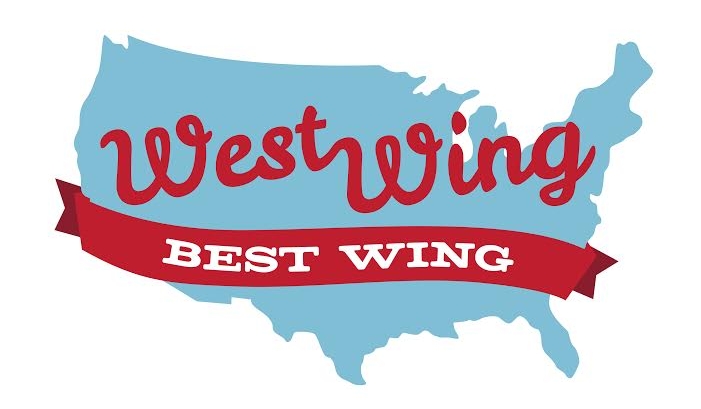Presidential Responses to HIV/AIDS
With the passing of George H.W. Bush, I saw a lot of posts about how his inaction around AIDS led to hundreds of thousands of deaths. Let me be crystal clear, I am not a fan of George H.W. Bush, or really a fan of any Republican since Lincoln, but I have also spent four years obsessively researching the early years of the AIDS epidemic and I’m not sure Bush deserves some of the criticism he’s been getting. But I realized if I was going to talk about what George H.W. Bush did to combat HIV/AIDS, I’d have to do a little more research about where he stacked up against other presidents.
And so, in order of historical appearance, our Presidents and their responses to HIV/AIDS.
Read More